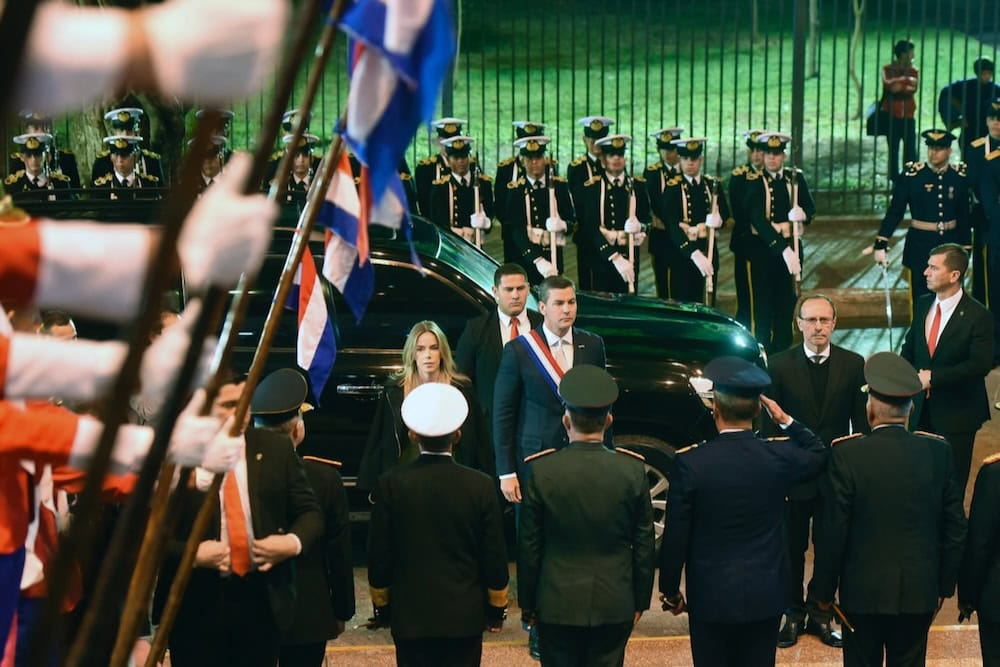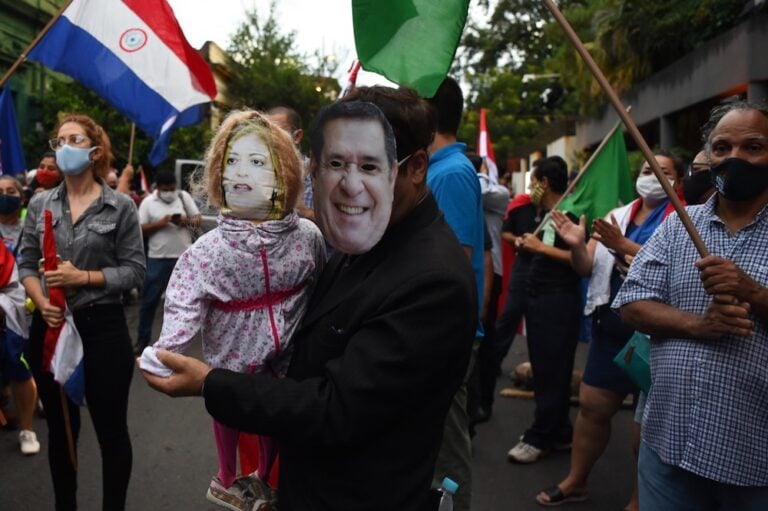"Many independent media in Paraguay are nonprofits that rely on international funding and this law would force them to disclose information and data about people who work for them could seriously hamper their work" - CPJ
This statement was originally published on cpj.org on 17 October 2024.
The Committee to Protect Journalists calls on Paraguayan President Santiago Peña to reject a law that would impose burdensome restrictions on nonprofit news outlets and threaten their independence.
On October 9, Paraguay’s Congress approved the Establishing Control, Transparency, and Accountability of Non-Profit Organizations Act and passed it to Peña, who has two weeks to sign it into law or veto it.
The legislation, reviewed by CPJ, would require all nongovernmental organizations (NGOs) that receive public or private money to submit financial reports to the Ministry of Economy and Finance every six months. It would also require NGOs to list the people and legal entities that they work with. Organizations that fail to meet the requirements could be shut down.
“Many independent media in Paraguay are nonprofits that rely on international funding and this law would force them to disclose information and data about people who work for them could seriously hamper their work,” said CPJ Latin America Program Coordinator Cristina Zahar. “It could deter news outlets from speaking out against the government or investigating public interest matters.”
In July, three United Nations special rapporteurs warned that the bill “could unduly restrict the rights to privacy, freedom of expression, freedom of peaceful assembly and freedom of association.”
The Human Rights Coordinating Committee of Paraguay (Codehupy), an NGO network, sent a letter to Peña, reviewed by CPJ and signed by 66 organizations, asking him to veto the bill and work with civil society to draft a new one.
The legislation comes as Congress is investigating allegations that NGOs have been involved in money laundering by funding political campaigns.
Santiago Ortiz, secretary general of the Paraguayan Journalists Union, said Congress’ investigation, in which journalists personal data made public, was part of a broader push by the conservative government to harass journalists and civil society. “It was a deliberate attempt to discredit their work and that of civil society,” he told CPJ.
CPJ requested comment from the President’s Office via messaging app but did not immediately receive a response.



